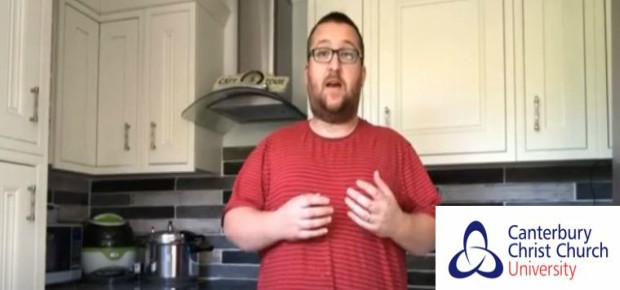 Go to Canterbury Christ CHurch University's website
Go to Canterbury Christ CHurch University's website
 Go to Canterbury Christ CHurch University's website
Go to Canterbury Christ CHurch University's website


2340
Joe is a Senior Lecturer in the Life Sciences Department at Canterbury Christ Church University.
He also has a commercial mushroom growing business!
Joe has done a lot of work in biology and ecology, so here we will focus on the ecology side of Joe’s career.
Ecologists study the relationship between plants, animals and the environment.
University: You'll need a degree or postgraduate qualification in a subject like ecology, conservation, biology, zoology, marine biology, environmental science, ecology and
environmental sustainability.
Apprenticeship: You may be able to do a postgraduate ecologist degree apprenticeship. You'll need a qualification and experience in an ecological science to apply.
Volunteering/Experience: Volunteering is a great way to get experience and may improve your chances of finding work. You can also build up contacts within conservation, which will be useful when looking for jobs. You can find volunteering opportunities with: The Conservation Volunteers, National Trust, The Wildlife Trust.
University: 2 to 3 A levels, or equivalent, for a degree, or a degree in a relevant subject for postgraduate study.
Apprenticeship: a degree in a relevant subject for a degree apprenticeship
“This is one of many examples where science can be applied in real-world settings, doing real-world things.”